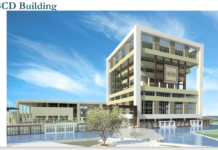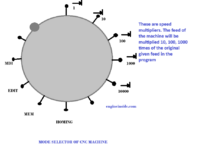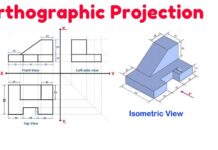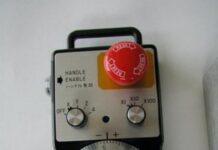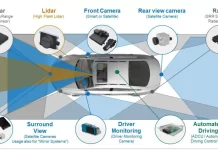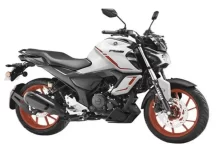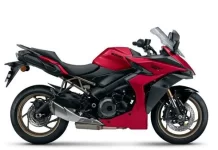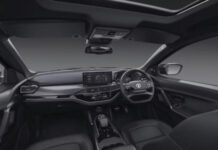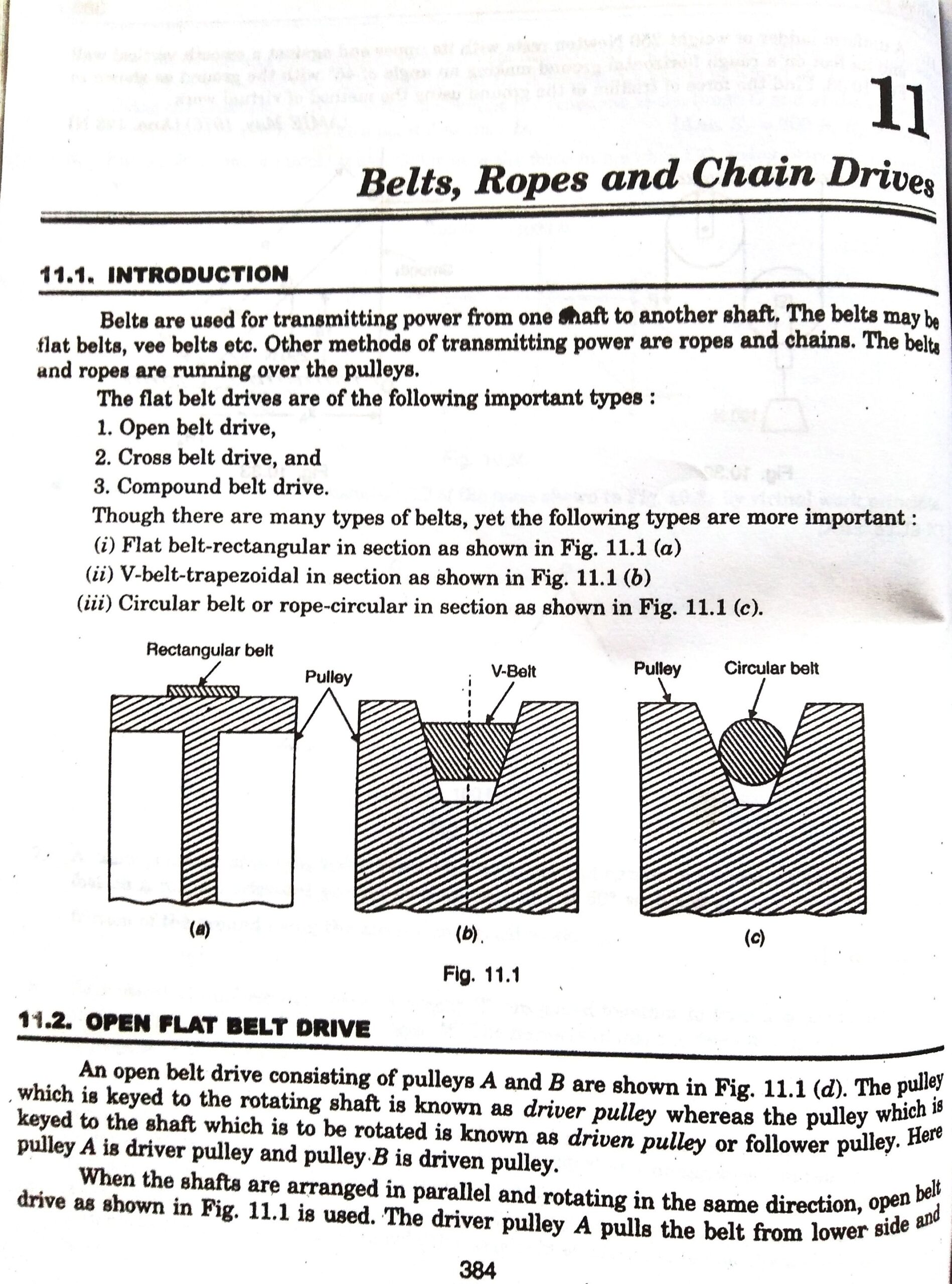Windows OS – Introduction
Microsoft windows is a graphic user interface, which also makes DOS housekeeping tasks such as copying files, formatting discs etc easier. It supports multitasking. It is called as windows because each program runs inside a separate window on the screen. A window is a box or frame on the screen. Many number of windows can be run on the screen simultaneously, each containing its own program. The window which appears on the top is called the foreground window. The other windows are called background windows. The
importance to each of these windows can be controlled by the program manager. Any window can be made foreground or background by switching between windows using
the input device (mouse /keyboard). With certain limitations windows allows copying material from one to another. The application programs which use the GUI of windows are called as window application programs, and other DOS programs are called as non-window application programs. All windows application programs will be able to run in a windows environment.
Advantages of Windows OS
In brief advantages of windows are: In brief advantages of windows are:
i. It has an elegant GUI.
ii. It supports multitasking in DOS and makes use of the CPU time very efficiently.
iii. It is also network transparent.
STRUCTURE OF WINDOWS
Windows has got three basic constituents. They are,
i. Program manager
ii. File manager
iii. Accessories
- The program manager is the house keeping program of the whole windows environment. It is always running while in windows and organizes and runs the different programs efficiently. It creates the Icons and controls the windows.
- The file manager helps in the normal DOS operations like viewing the directory tree or listing the different files in a directory etc.
- The accessories which are supplied along with windows are utility programs which
are windows based application programs. Some of them are:
Operating Systems and Environments ;
i. Paint brush Paint brush for creating a picture
ii. Writefor editing text
iii. Note pad Note padNote pad
iv. Clock
v. PIF editor
vi. Calendar
vii. Calculator
viii. Recorder
ix. Terminal
There are several versions of MS- WINDOWS:
• Windows XP professional edition
• Windows XP home edition
• Windows 2000 professional
• Windows ME
• Windows 98
• Windows NT
• Windows 95







